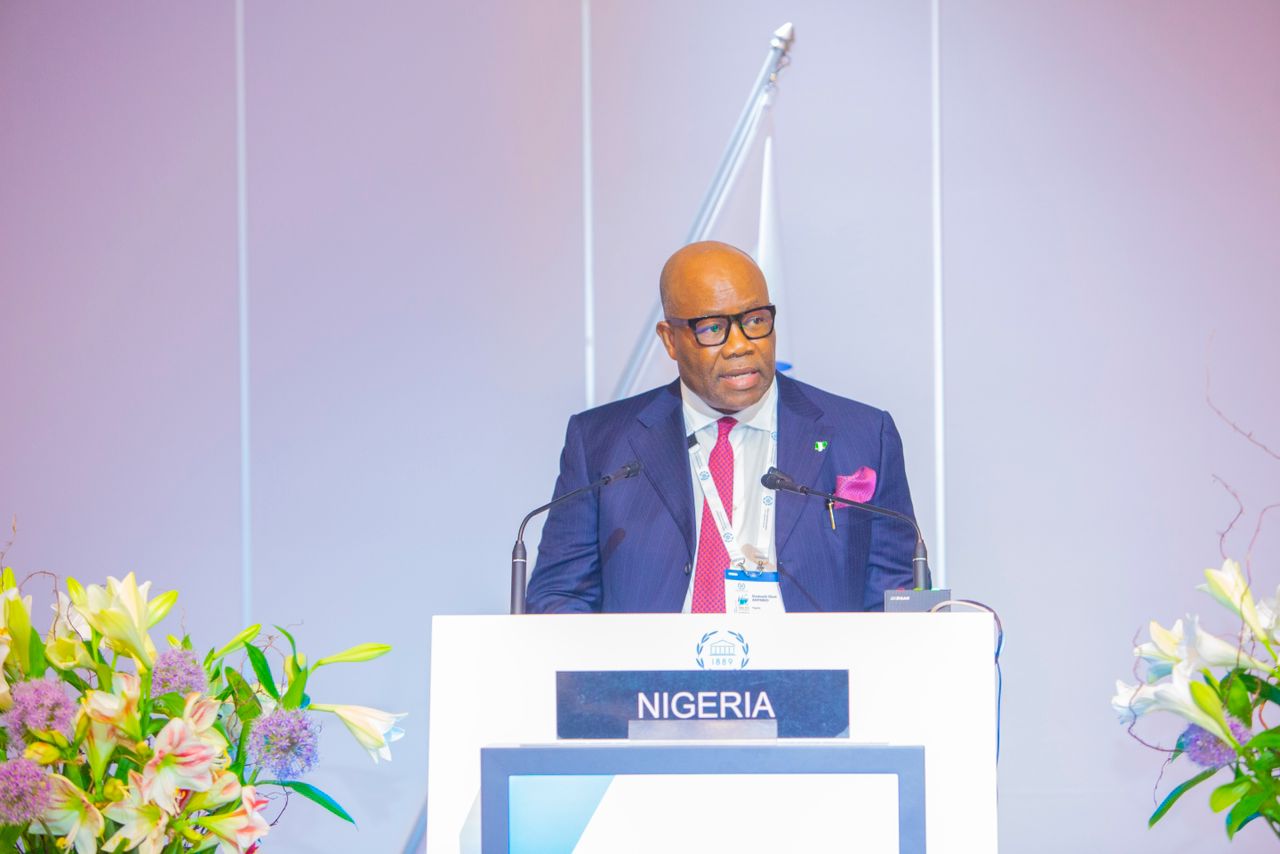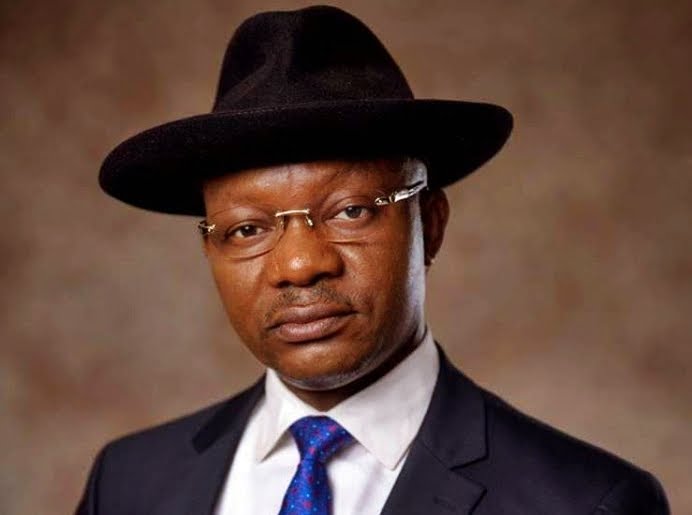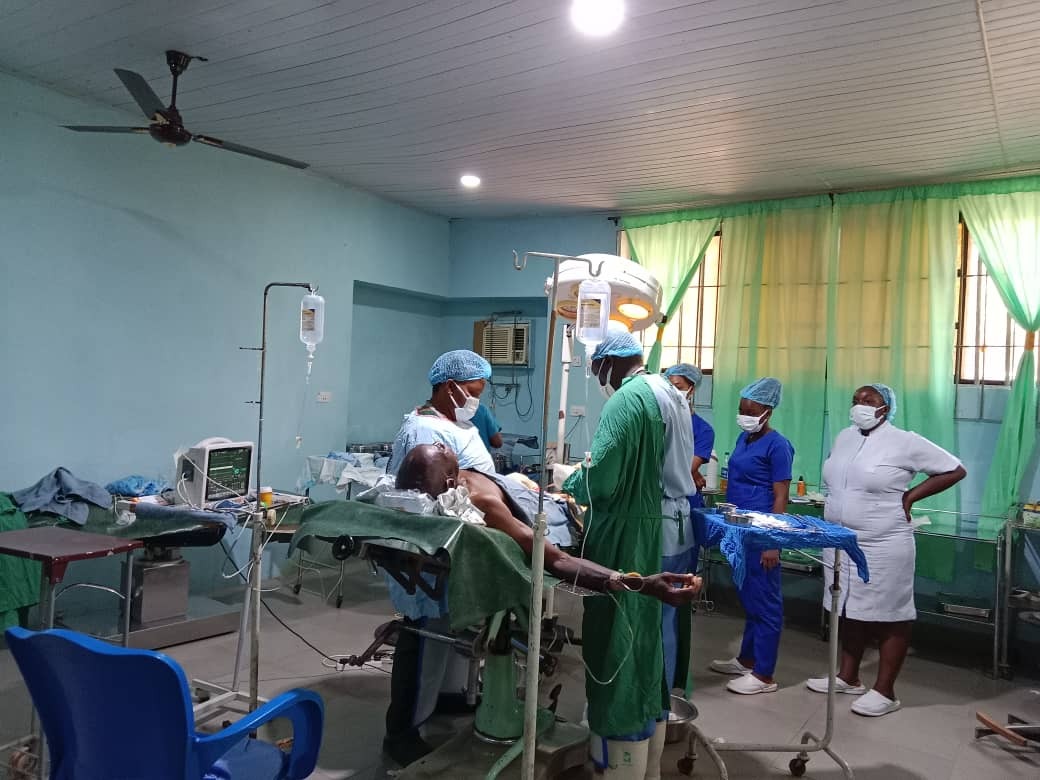
By Fatima Saka
In 2001, leaders from across Africa convened in Abuja to address the pressing challenges confronting the continent’s healthcare systems. This gathering resulted in the commitment to allocate 15% of public funds annually to fortify healthcare systems throughout Africa.
Despite this, Nigeria’s Basic Healthcare Provision Fund (BHCPF) has encountered setbacks in reaching this target. Dr. Mukhtar Muhammad, the Secretary of the BHCPF Ministerial Oversight Committee (MOC), disclosed this during a BHCPF Media Engagement session in Abuja.
Dr. Muhammad highlighted that Nigeria has consistently remained within the range of 4% to 6%, falling short of the 15% benchmark set by all African nations. He emphasized the necessity of additional funding for healthcare to address adverse health outcomes effectively.
Universal health coverage plays a pivotal role in effecting positive changes in healthcare. Dr. Muhammad stressed the importance of ensuring that essential healthcare services are readily accessible, particularly for the most vulnerable segments of Nigeria’s population.
“This involves reducing financial barriers, subsidizing healthcare costs, optimizing financial strategies, and fortifying the country’s health systems.
“Funding is essential for bolstering the development of resilient health systems, encompassing infrastructure, human resources, adequate availability of essential medicines at primary healthcare facilities, and establishing comprehensive referral mechanisms. The allocation of funds for emergency health services is also crucial, as evidenced by the challenges posed by the COVID-19 pandemic in 2020.”
Dr. Muhammad underscored the significance of modernizing domestic financing to reduce dependency on external donors. While acknowledging the support provided by donors for various programs such as those addressing HIV, malaria, and tuberculosis.
He emphasized the need for sustainable mechanisms to uphold these interventions. “So we need to have a sustainable mechanism to ensure that we provide delivered funds and funds to fight to sustain our interventions.”
During the presentation, Dr. Ashiru Adamu, the SWAp Coordinator, identified the lack of effective governance as a major challenge. Strengthening oversight mechanisms, enforcing the National Health Act, enhancing accountability, engaging stakeholders, and fostering effective partnerships are vital components in overcoming these governance obstacles and driving healthcare service delivery.
He emphasized that effective governance is about strengthening the oversight for the national, oversight formation of the national, and ensuring the implementation of the National Health Act,
“Under the Basic Health Care Provision Fund, and all of the related initiatives are there. Increasing the accountability and the participation of labour stakeholders and Nigerian students in governing for health. increasing regulatory capacity to foster higher standards of service provision, and then improving functional coordination and effective partnerships to drive service delivery.”





